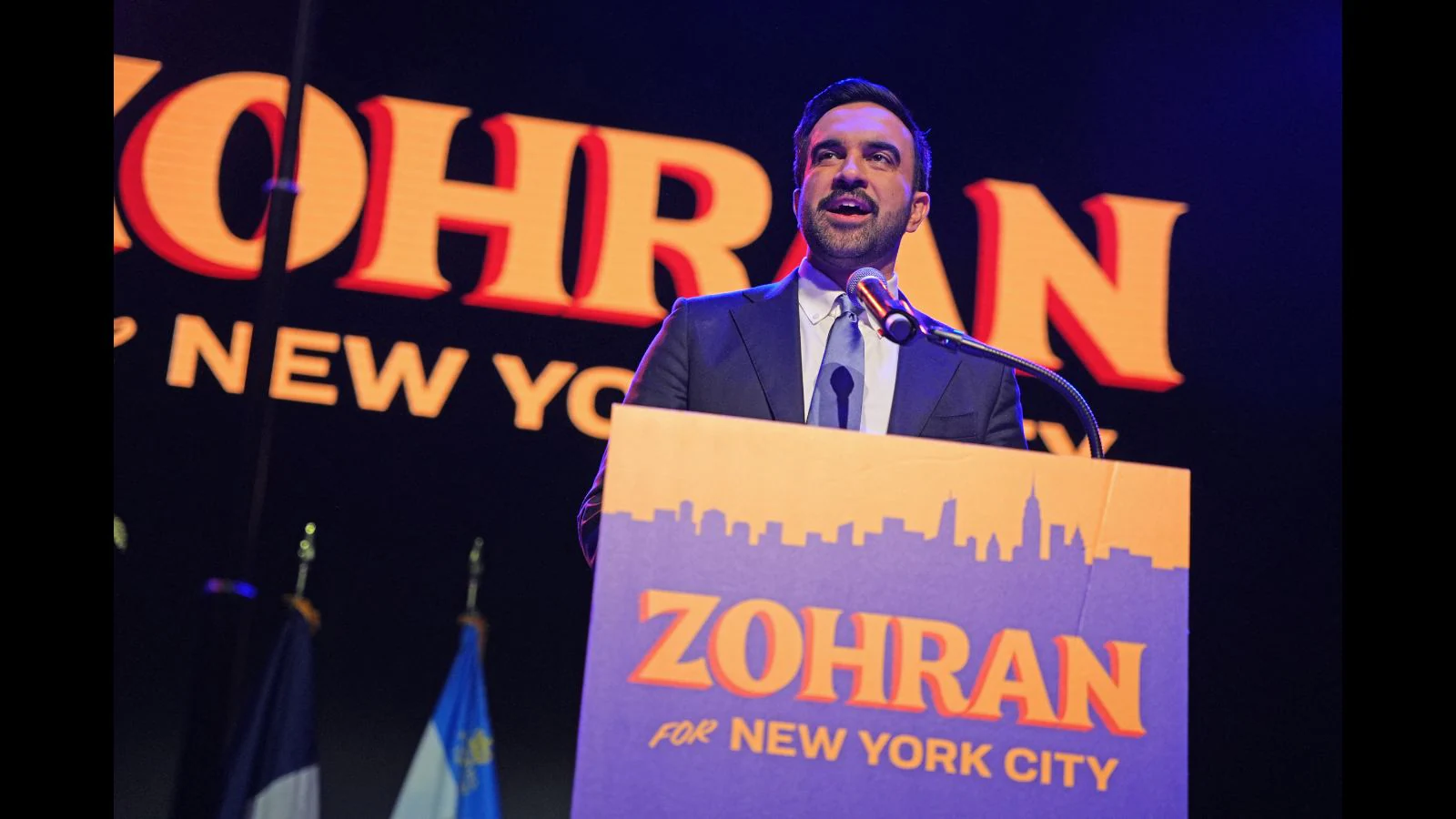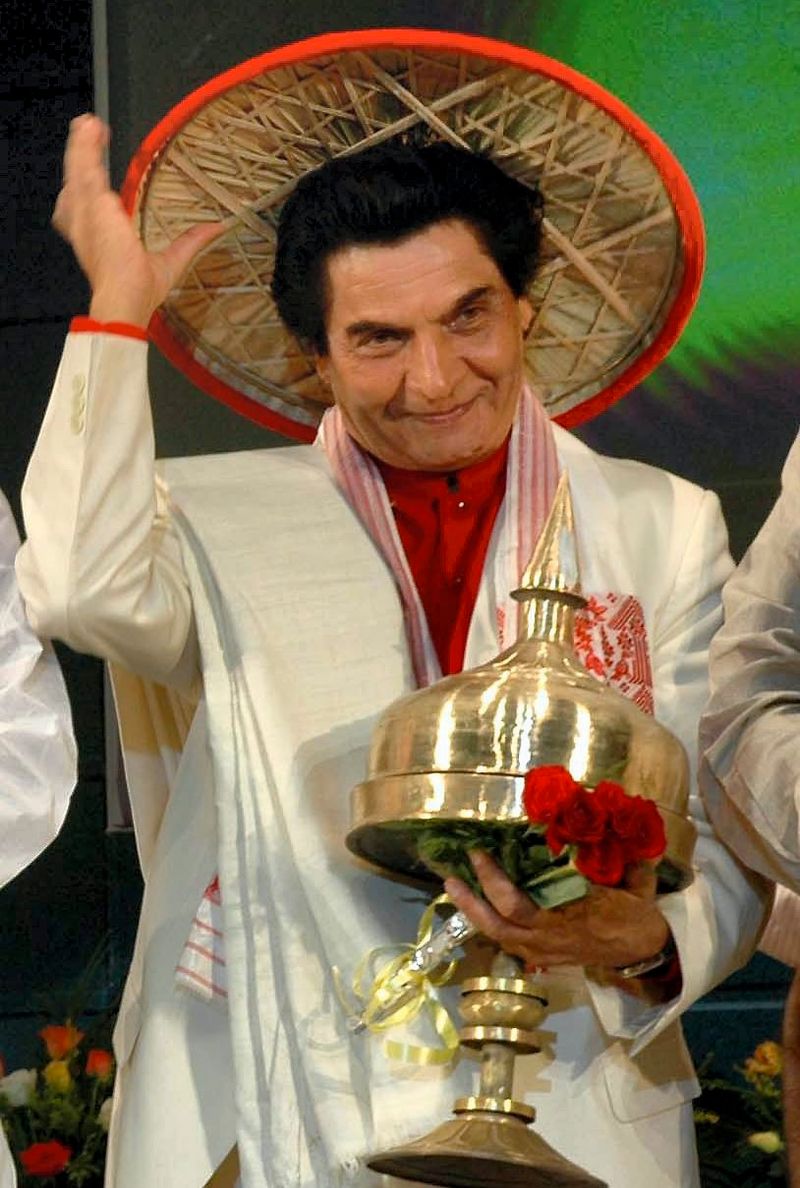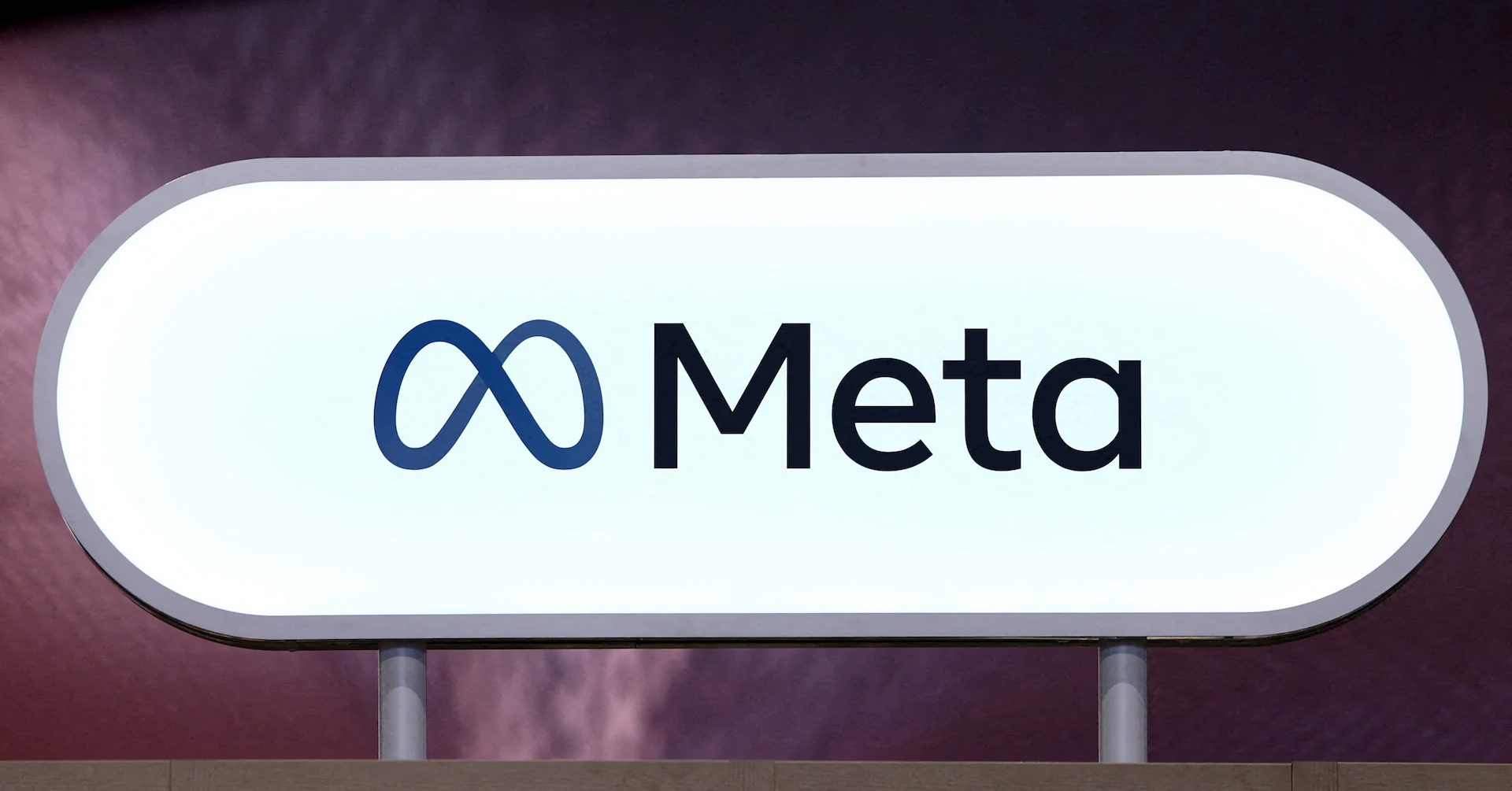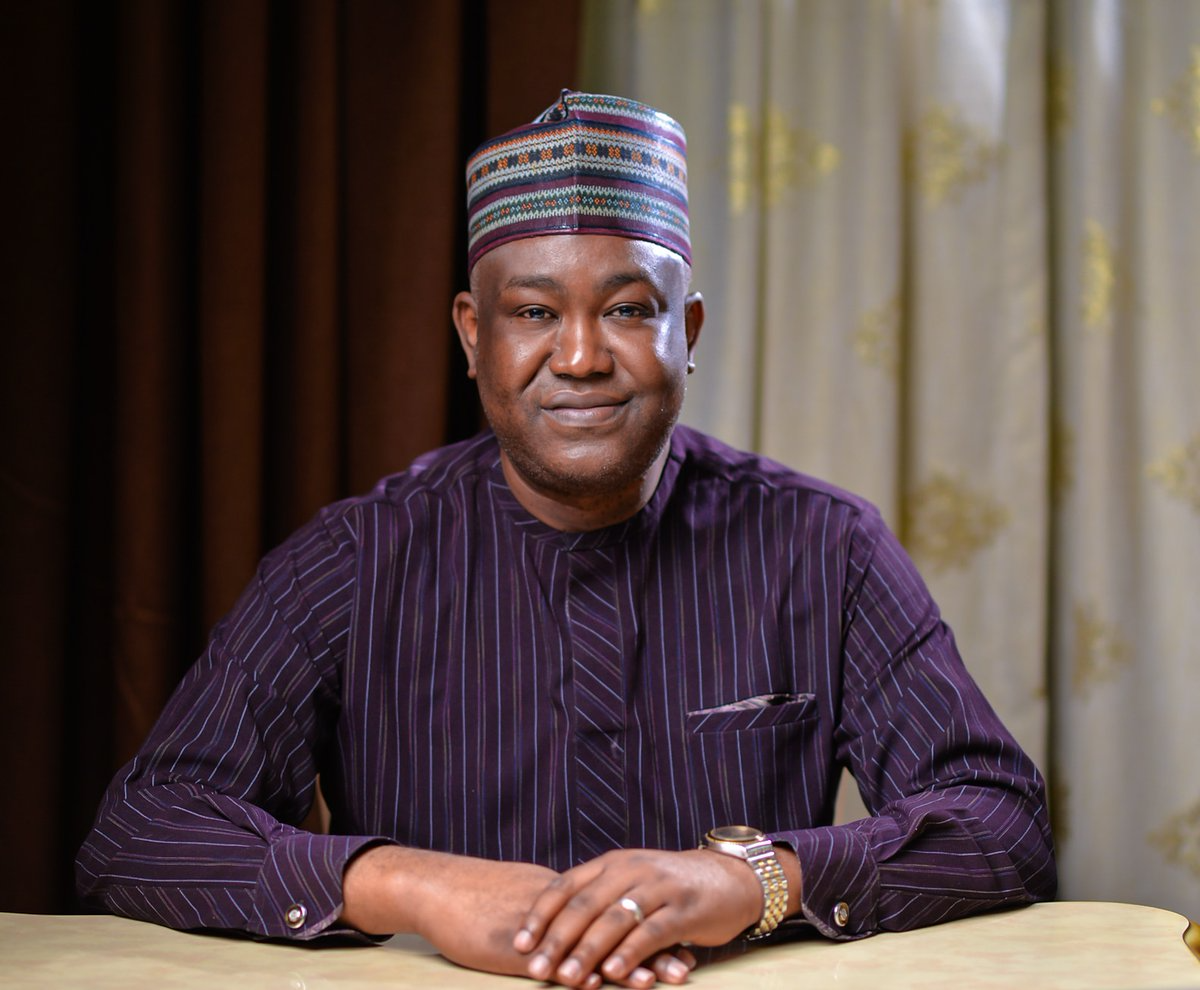Copyright news18

Zohran Mamdani has scripted history. In a watershed moment for New York City politics, the Indian-American son of filmmaker Mira Nair swept the mayoral contest, bringing about not just a change of leadership but a bold shift in policy making. From a campaign grounded in housing and transit reform to an agenda promising sweeping social-services expansion, Mamdani’s win marks a turning point for the city’s future. His campaign has been anchored in three core themes: cost relief, public services expansion, and tax-code overhaul—all funded by higher levies on corporations and the city’s wealthiest. According to Al Jazeera, Mamdani’s agenda was to challenge the status quo. Among his other reforms, he pledged to freeze rents for tenants in rent-stabilised apartments, launch fare-free bus service across the city, and open a network of city-owned grocery stores in each borough to bring down food costs. Mamdani, now NYC’s first Muslim mayor, also promised universal childcare starting at six weeks of age and a radically restructured revenue plan that would raise corporate tax rates to 11.5 per cent and impose a 2 per cent surcharge on incomes above $1 million. Here’s a look at the man of the moment’s policies and whether they can really translate to actionable output on ground: • Free city buses (fare-free bus service): Mamdani wants to eliminate fares on all city buses and expand dedicated bus lanes. However, according to The Week, the Metropolitan Transportation Authority (MTA) is a state-level agency, which means the mayor of New York City does not have full control over fare policy. An analysis by The Week reveals that free buses would create an estimated $500 million annual funding gap for the MTA, funding which would require redirecting city funds or raising taxes. This is where Mamdani faces another challenge. Governor Kathy Hochul has explicitly said she will not support tax increases on high-income individuals to fund such initiatives. There are also fears of potential security risks if the services are made free. • Rent Freeze: Mamdani has pledged to freeze rent increases on rent-stabilised units (about 28 per cent of NYC’s housing stock) and establish a Social Housing Development Agency. However, according to Al Jazeera, rent-stabilised units are regulated under laws that involve multiple stakeholders such as landlords, tenants, and regulatory boards. Critics argue that a freeze could disincentivise landlords from maintaining or investing in properties, potentially worsening supply and quality. The Daily Mirror adds that building large volumes of publicly-owned housing (for instance 2,00,000 units) requires massive capital investment, land and coordination with state and federal agencies. Apart from this, some of the regulatory levers (zoning, tax breaks, state housing law) lie outside the mayor’s exclusive control, meaning political negotiation and trade-offs are inevitable. • Universal childcare (ages six weeks to five years): Mamdani aims to provide free childcare for all children from six weeks to five years old. While the thought behind the idea is noble, the cost estimates run into billions of dollars annually, making this a heavy burden on the city budget. Also, while the mayor can direct local programmes, broader regulatory and funding structures (state licensing for childcare providers, subsidies, workforce recruitment) are complex and slow to scale. While universal childcare is desirable, achieving full coverage quickly while maintaining quality and sustainability is a major challenge. • City-run grocery stores: NYC’s new mayor wants to establish one government-subsidised grocery store in each borough, leveraging city land and wholesale purchasing to bring down food costs. The idea seems commendable on paper but government-run retail ventures have historically struggled, especially when competing with private-sector chains that operate on thin margins and rely on efficient logistics. The scale (five stores initially) is modest, but scaling up would require sustained subsidies, land use and operational expertise the city may not have. While the idea taps into real concerns about food access, it remains an unconventional policy with uncertain practical precedent in NYC. • Tax increases on the wealthy and corporations: Mamdani proposes raising the city’s corporate tax rate (e.g., from 7.25 per cent to 11.5 per cent) and imposing a 2 per cent surcharge on incomes above $1 million to raise ~$9-20 billion annually. According to the Economic Times, raising taxes on the wealthy and corporations in a globally competitive city like New York risks capital flight, where businesses or high-income individuals relocate, reducing the tax base instead of expanding it. Apart from this, actual tax changes often require state or legislature approval, limiting how much the mayor can drive alone. The more taxes rise, the more business incentives may decline, possibly affecting job creation and economic growth in sectors that drive revenue—a risk not many would be ready to take. • Department of Community Safety: Mamdani wants to create a new city agency staffed by outreach workers and mental-health professionals to handle non-violent incidents, thereby relieving the New York City Police Department (NYPD) of many calls. However, CBS News reported that existing pilot programmes show that roughly 40 per cent of calls still require police intervention. Also, recruiting, training and retaining qualified social-worker staff on a large scale is expensive and time-consuming and budget and workforce constraints loom large. The political stakeholders—police unions, city council, state legislature—may resist transferring functions away from police and redefining roles, which can slow implementation. Policy experts feel that while Mamdani’s agenda is ambitious, bold and clearly aligned with the “affordability crisis” many New Yorkers feel, the feasibility of these policies runs into fiscal constraints, institutional limits (state vs city authority), unintended economic consequences, and scaling challenges. For now, as the cheer dies down, Mamdani inherits a New York that is both inspired and sceptical. The city, which is hungry for change, is also wary of experiments that could unravel what still works. Whether Mamdani can turn his manifesto into measurable progress will define not just his legacy, but the future course of America’s largest city.



